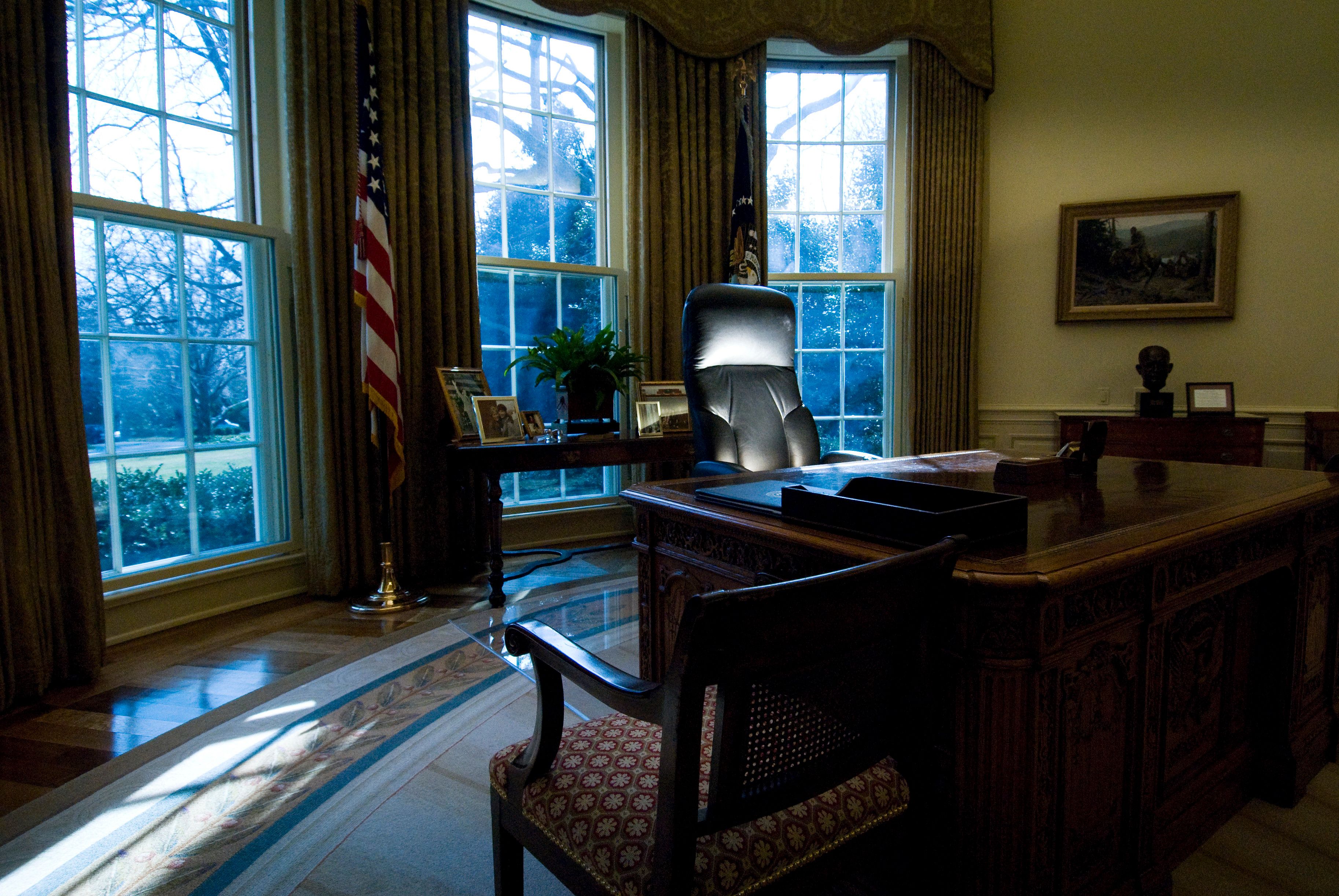On Friday, we detailed the main arguments for and against President Trump's decision to withdraw US troops from a pocket of northern Syria where their presence had protected Washington's Kurdish allies against an attack from Turkey. We then asked Signal readers to let us know what they thought.
As expected, readers sent us thought-provoking responses. The two points we saw most often:
- Trump inherited an incoherent Syria policy from Barack Obama.
- Whatever the merits of Trump's broader case for pullback, badly coordinated execution has opened the way for a humanitarian catastrophe and damaged US credibility.
But there's a larger question here about the changing US role in the world and the challenges that future presidents will face. Forget about Obama and Trump for a moment to look at that bigger picture.
A few thoughts…
Are US alliances out of date? Washington's current web of alliances (whether with NATO partners, Japan, South Korea or others) was woven largely during the Cold War, when the American public was more likely than now to support expensive, open-ended commitments to conflicts far from home and before the balance of power had shifted away from clear American dominance. Today, no American younger than 34 is old enough to remember the Cold War, and the assumptions many had about "indispensable America" and the nation's "responsibility to lead."
The end of the Cold War promised a "peace dividend" and a commitment from Washington to invest more at home. And while the attacks of 9/11 temporarily persuaded many Americans that a more interventionist foreign policy was necessary, particularly in the Middle East, the long and inconclusive wars in Afghanistan and Iraq soured public opinion on a long-term US commitment to that region.
Now turn to Asia. In addition to Japan and South Korea, US officials say Taiwan is an important US ally. Washington hasn't formally recognized the self-governing island as an independent nation since 1979, though growing friction with China has some Americans working to change that. In the meantime, Washington continues to provide Taiwan with financial and military aid to protect it against any potential encroachment by China, which considers Taiwan a breakaway province that must be reincorporated.
Chinese President Xi Jinping said on Sunday that, "anyone attempting to split China in any part of the country will end in crushed bodies and shattered bones." He said this chiefly about Hong Kong, where we're now in the third month of large-scale protests against Beijing's rule, but he'd certainly apply this formula to Taiwan, where President Tsai Ing-wen, an outspoken critic of Beijing, is expected to win re-election in January. China may well respond with tough sanctions and even military pressure.
What if China tests Taiwan? There's no sign that China is preparing to invade Taiwan any time soon, if ever. But as China grows stronger and more willing to assert its strength, and as confusion grows over the durability of US commitments to long-time allies, a future US president may be faced with a question much tougher than the one Trump faced in Syria:
Are you prepared to walk away from a decades-long democratic ally under intense pressure from an authoritarian rival? Or will you push back against China and hope that, if push comes to shove, the US public is willing to pay the price of defending Taiwan?
Bottom line: This dilemma is the natural consequence of fidelity to alliances formed at a time when the world's balance of power and public attitudes in the United States were very different than they are today. Trump's Syria decision, consequential though it's been for so many people, pales before the choices that await Trump's successors.
